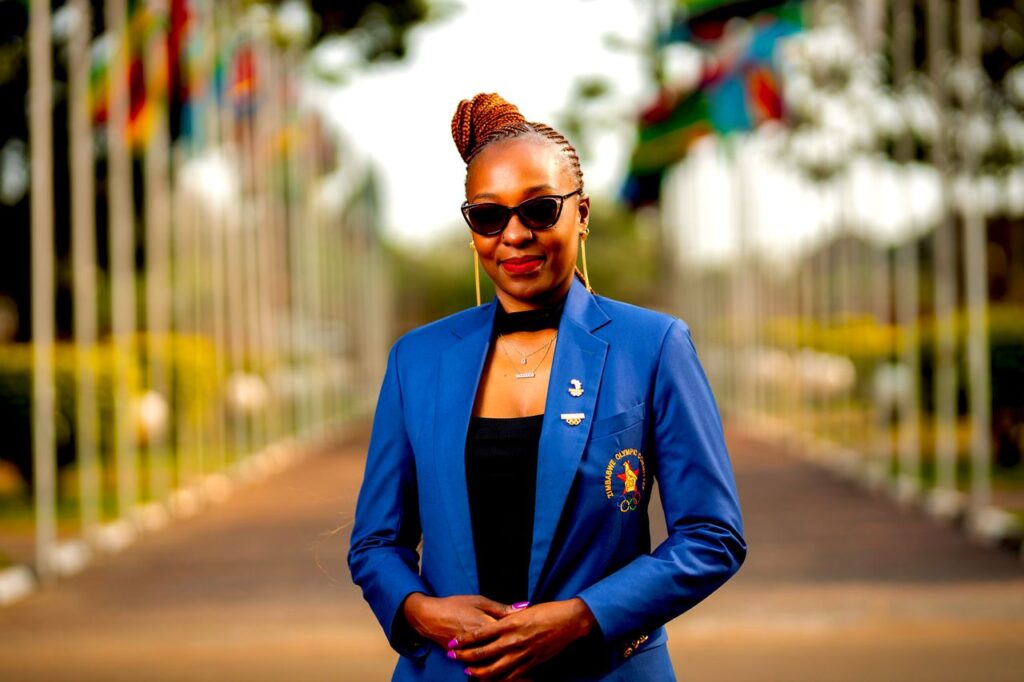
“The Woman King,” a movie set in the Kingdom of Dahomey in 1823, and released in 2022, has become one of my favourites, as a young woman navigating leadership. Leadership, especially for young women, often demands resilience, vision, and the courage to challenge societal norms. Watching it felt like a mirror reflecting the challenges, triumphs, and resilience required of women like me who dare to lead. This is a movie pregnant with profound lessons on female leadership through the story of the Agojie—an elite, all-female military regiment led by General Nanisca. The story resonates deeply with my journey—not only as a young leader but also as a cancer survivor.
General Nanisca’s resilience, as she trains the Agojie warriors while confronting her traumatic past, highlights the importance of perseverance. Her leadership mirrors my own journey as a young leader and cancer survivor. Diagnosed with stage 3 colorectal cancer at 33, I endured aggressive treatment, early menopause, and significant physical challenges. Like Nawi, who defies societal norms by rejecting abusive marriages to embrace her role as a warrior, I’ve had to confront personal and societal barriers to lead effectively. Surviving cancer has shaped my perspective on leadership—it’s about standing firm in adversity while inspiring hope and empowering others to overcome challenges.
The relationship between Nanisca and her recruits showcases the power of mentorship, where experienced leaders guide younger ones while embracing fresh ideas. This intergenerational dynamic fosters innovation and growth, mirroring modern leadership structures. I have had the amazing privilege of having mentors through my life, and these individuals have had such a profound effect on my life, guiding, advising and being accountability partners.
In my role as CEO of the Zimbabwe Olympic Committee, I strive to mentor others similarly, fostering collaboration across generations to strengthen our collective vision. As President of the Alumni Association of my alma mater, Monte Cassino Girls High School, I am consistently in contact with the students as a mentor, role model and big sister. During my cancer journey, blogging about my experiences allowed me to connect with others facing similar challenges, highlighting the value of mentorship in leadership and personal resilience. This approach has been transformative in both my leadership and personal life.
The Agojie’s defiance of gender stereotypes is particularly empowering. They take on roles traditionally reserved for men, proving that leadership is defined not by gender but by capability and determination. Similarly, I’ve faced societal biases as a young woman leader, but I’ve learned to break barriers with courage and conviction—whether advocating for athletes or speaking on mental resilience before professionals. My experience with cancer has given me a renewed sense of purpose to challenge limitations and redefine possibilities for women in leadership.
What stands out most in The Woman King is the unshakable bond among the Agojie warriors. Their sisterhood strengthens their resolve and ensures their success. This mirrors my belief that leadership thrives on unity and collaboration. Building strong networks of support among fellow women leaders in sport has been crucial for me—whether through alumni associations or community initiatives—reminding me that together we can achieve greatness.
Nanisca’s visionary leadership inspires me to think beyond immediate challenges and focus on long-term impact. Her advocacy for ending Dahomey’s involvement in the slave trade reflects her commitment to sustainable change. As a leader at ZOC, I aim to cultivate foresight and inspire others to address systemic issues affecting our communities while empowering future generations.
The Woman King celebrates African womanhood and leadership, showing how young women can rise above limitations to lead with strength, wisdom, and purpose. From resilience to mentorship, unity to visionary thinking, the film offers invaluable lessons for aspiring leaders. For me, as a cancer survivor and young leader, its message feels deeply personal. My cancer journey taught me resilience, hope, and the importance of cherishing each moment. Like Nanisca and the Agojie warriors, I strive to lead fiercely, inspiring others to embrace their power and challenge societal norms. Leadership is not about age or gender—it’s about daring to make a difference!